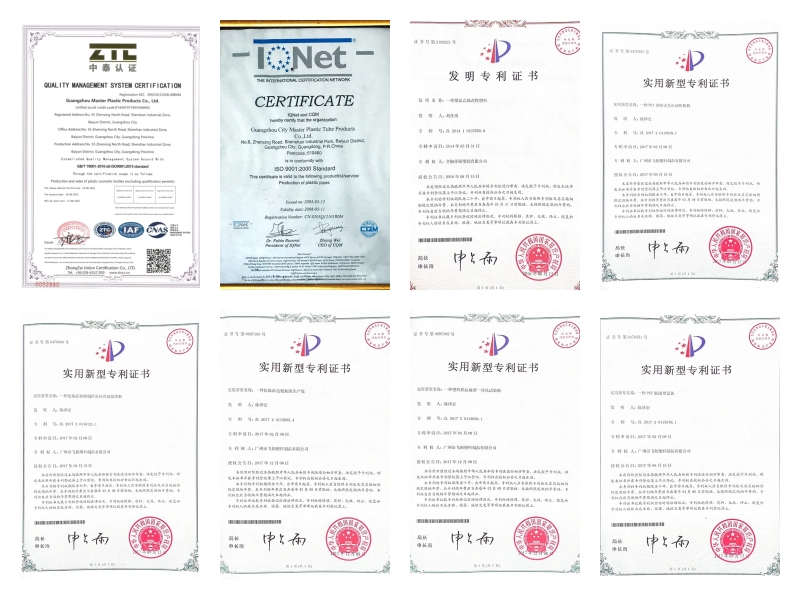Menu
Menu
Menu

The European Union’s ambitious 2030 vision for sustainability has set the stage for a transformative shift in the packaging industry, particularly with the introduction of Digital Product Passports (DPPs). These digital identifiers are designed to enhance transparency, traceability, and sustainability in packaging. ASME Packaging Co., Ltd (ASME) is at the forefront of this revolution, leveraging its expertise to align with the EU’s goals and redefine the future of cosmetic tube packaging.
Digital Product Passports are digital records that contain essential information about a product’s lifecycle, from raw material sourcing to end-of-life disposal. For cosmetic tubes, DPPs offer a comprehensive overview of the materials used, production processes, and environmental impact. This transparency is crucial for consumers, regulators, and manufacturers aiming to make informed decisions about sustainability.
lip balm pe tube packaging
d35 airless pump tube packaging
hand cream tube packaging
hand cream pe tube packaging
ASME is committed to integrating DPPs into its cosmetic tube offerings, ensuring that each product is equipped with a unique digital identifier. This innovation not only aligns with the EU’s sustainability objectives but also enhances ASME’s reputation as a leader in eco-friendly packaging solutions.

ASME has long been an advocate for sustainable packaging solutions, continuously seeking ways to reduce its environmental footprint. The adoption of Digital Product Passports is a natural progression in ASME’s sustainability journey. By providing detailed information about the materials and processes used in its cosmetic tubes, ASME empowers consumers to make environmentally conscious choices.
Moreover, DPPs facilitate recycling and reuse by providing clear instructions on how to properly dispose of or repurpose cosmetic tubes. This aligns with the circular economy model, which aims to minimize waste and maximize resource efficiency.
The implementation of Digital Product Passports in cosmetic tubes is set to revolutionize the packaging industry. By offering unprecedented transparency, DPPs address growing consumer demand for sustainable products and responsible business practices. The cosmetics industry, in particular, stands to benefit significantly from this innovation, as it navigates the challenges of meeting regulatory requirements and consumer expectations.
ASME is leading the charge in this transformation, investing in cutting-edge technology to develop DPPs that are both functional and user-friendly. This commitment to innovation positions ASME as a key player in the sustainable packaging movement, setting a benchmark for other companies to follow.
While the adoption of Digital Product Passports presents numerous opportunities, it also poses several challenges. The integration of DPPs requires significant investment in technology and infrastructure, as well as collaboration across the supply chain. ASME is actively addressing these challenges by partnering with industry stakeholders and investing in research and development to create scalable solutions.
Furthermore, the successful implementation of DPPs hinges on consumer acceptance and engagement. ASME is dedicated to educating consumers about the benefits of DPPs, ensuring they understand how to access and utilize the information provided. This consumer-centric approach is critical to driving widespread adoption and achieving the EU’s 2030 sustainability goals.
The introduction of Digital Product Passports marks a significant milestone in the evolution of cosmetic tube packaging. As the industry moves towards greater transparency and accountability, DPPs will play a pivotal role in shaping the future of packaging. ASME is poised to lead this transformation, leveraging its expertise and commitment to sustainability to deliver innovative solutions that meet the needs of consumers and regulators alike.
In conclusion, the EU’s 2030 vision for sustainability presents both challenges and opportunities for the packaging industry. ASME is at the forefront of this movement, embracing Digital Product Passports as a tool to enhance transparency, traceability, and sustainability in cosmetic tube packaging. By prioritizing innovation and consumer engagement, ASME is setting a new standard for eco-friendly packaging solutions and paving the way for a more sustainable future.
As the packaging industry evolves to meet the demands of a more eco-conscious world, Digital Product Passports represent a critical innovation. ASME Packaging Co., Ltd is leading the charge, demonstrating how DPPs can enhance transparency, improve sustainability, and drive consumer engagement. By aligning with the EU’s 2030 vision, ASME is not only contributing to a more sustainable future but also setting a precedent for the entire industry.
In the coming years, the role of DPPs in cosmetic tube packaging will undoubtedly expand, offering new opportunities for innovation and collaboration. ASME is committed to staying at the forefront of this movement, continuously seeking ways to improve its products and processes in line with the latest sustainability standards.
Through its dedication to sustainability and innovation, ASME is not only meeting the needs of today but also anticipating the demands of tomorrow. As the industry continues to evolve, ASME’s leadership in Digital Product Passports will serve as a guiding light for others, demonstrating the power of technology and transparency in creating a more sustainable world.